
The symposium will provide updates on important topics in neurology and feature faculty members from academic health systems across the Southeast.

As the only urology clinic in the area backed by the resources of academic medicine, University Urology is dedicated to delivering patient-centered urologic care to men, women and children along the Gulf Coast.
Using the latest technology and techniques, our urologists diagnose and treat conditions related to the bladder, urethra, ureters, kidneys and adrenal glands in men and women; urologic cancers including bladder, kidney, prostate and testicular cancers; and conditions concerning the male and female reproductive systems. Our physicians also treat Benign Prostatic Hyperplasia (BPH), also known as enlarged prostate.
Our providers have special training in robotic and minimally invasive surgery, urogenital reconstruction, female pelvic medicine, and pediatric urology.
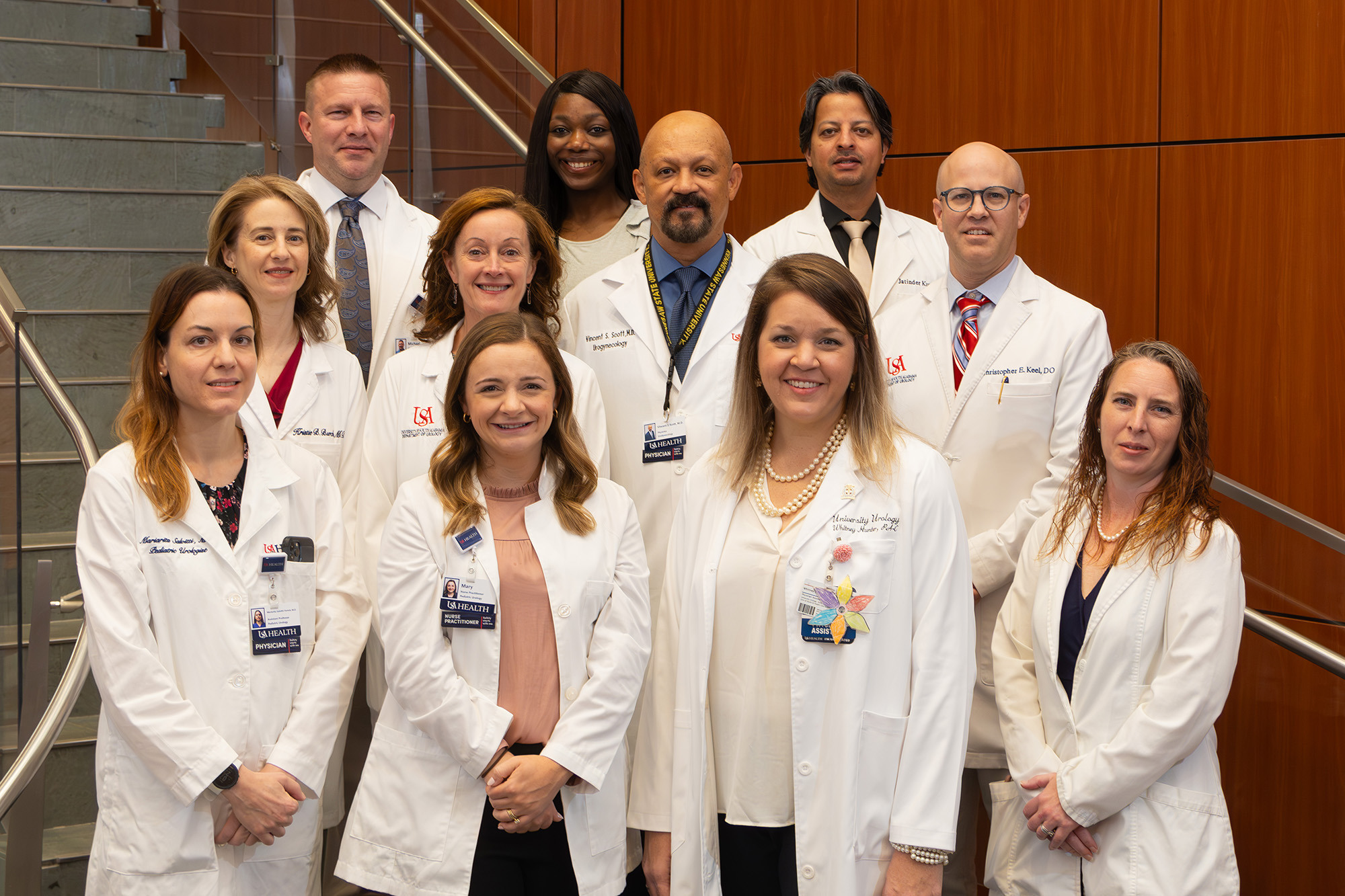
Our urologists are also educators in the Frederick P. Whiddon College of Medicine at the University of South Alabama. Visit the Department of Urology to learn about our academic mission and our residency program.
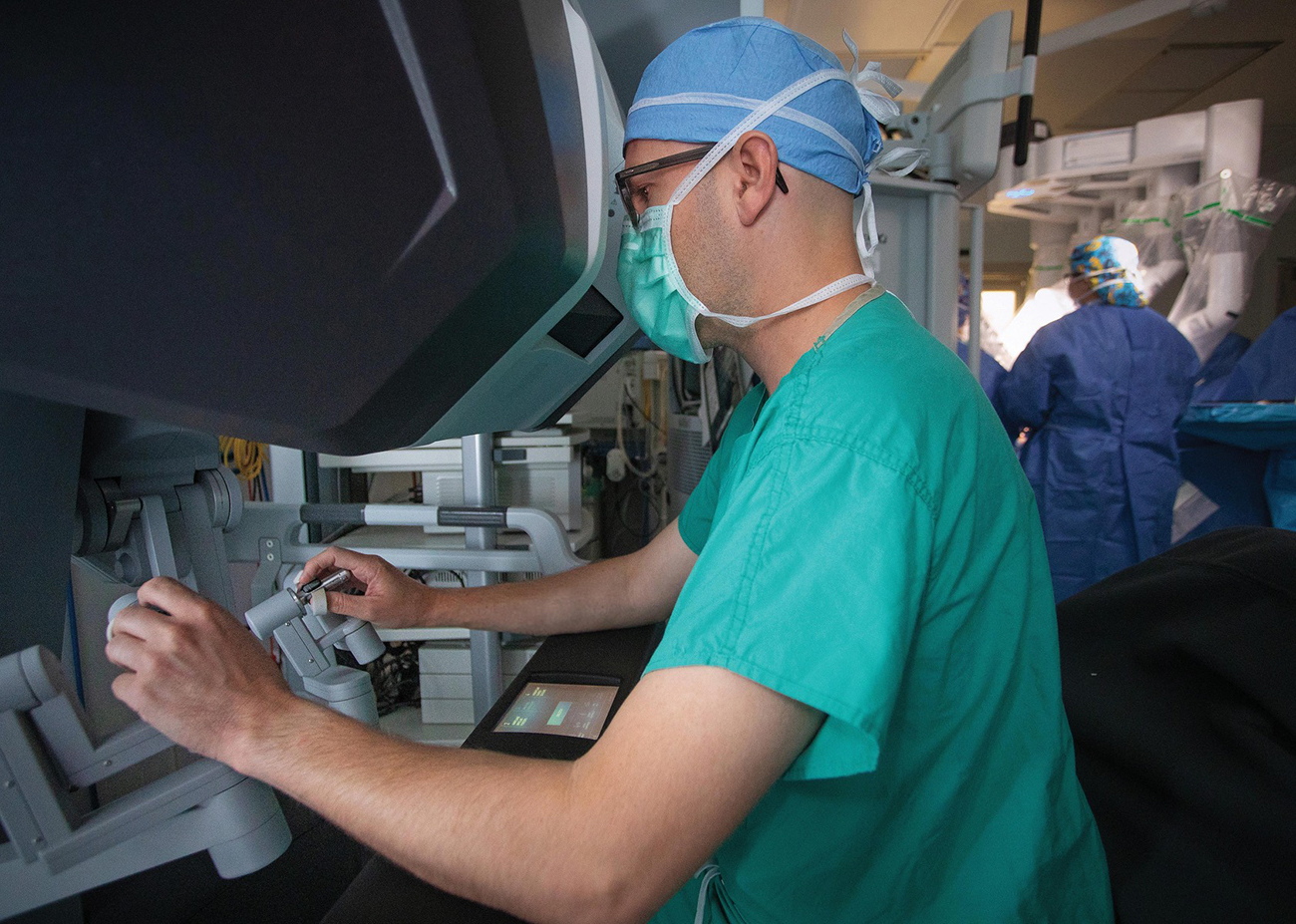
The USA Health Kidney Stone Center on the second floor of University Hospital provides rapid treatment options for patients with kidney stones on the upper Gulf Coast. If your healthcare provider has identified a kidney stone, just call our 24/7 appointment line.
University Urology is located on the fourth floor of the 65 Dauphin building.
This clinic offers free parking and complimentary Wi-Fi to patients and their guests.
Meet the providers who treat patients at this USA Health location.
The symposium will provide updates on important topics in neurology and feature faculty members from academic health systems across the Southeast.
A USA Health speaker urged attendees not to be dismissive of a patient’s menopausal symptoms and to offer individualized and collaborative care, including shared decision making.
“I love what I do and cannot imagine doing anything else,” said Alecia Torrance, new assistant administrator at USA Health Providence Hospital. “Leadership is where I believe that I can personally and professionally make the biggest difference in healthcare and where I can leave a legacy of improving healthcare operations and outcomes.”
Our calendar lists special events and regularly scheduled classes separately. To display a list of upcoming classes, select the "Classes" option above or visit Events, Classes and Support Groups at USA Health.

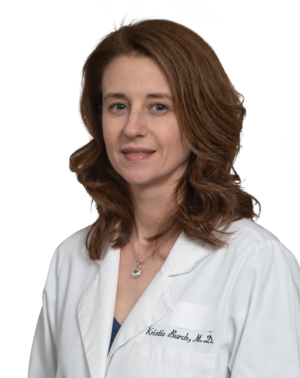 View Profile
View Profile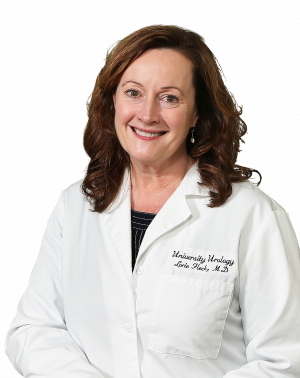 View Profile
View Profile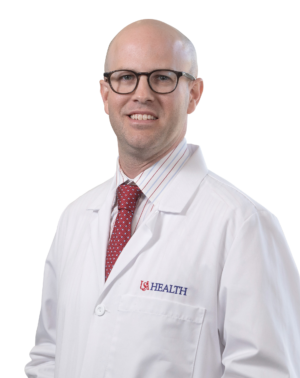 View Profile
View Profile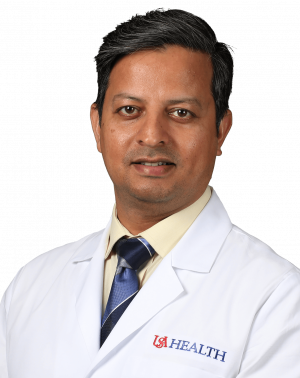 View Profile
View Profile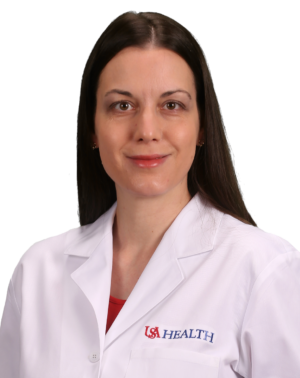 View Profile
View Profile